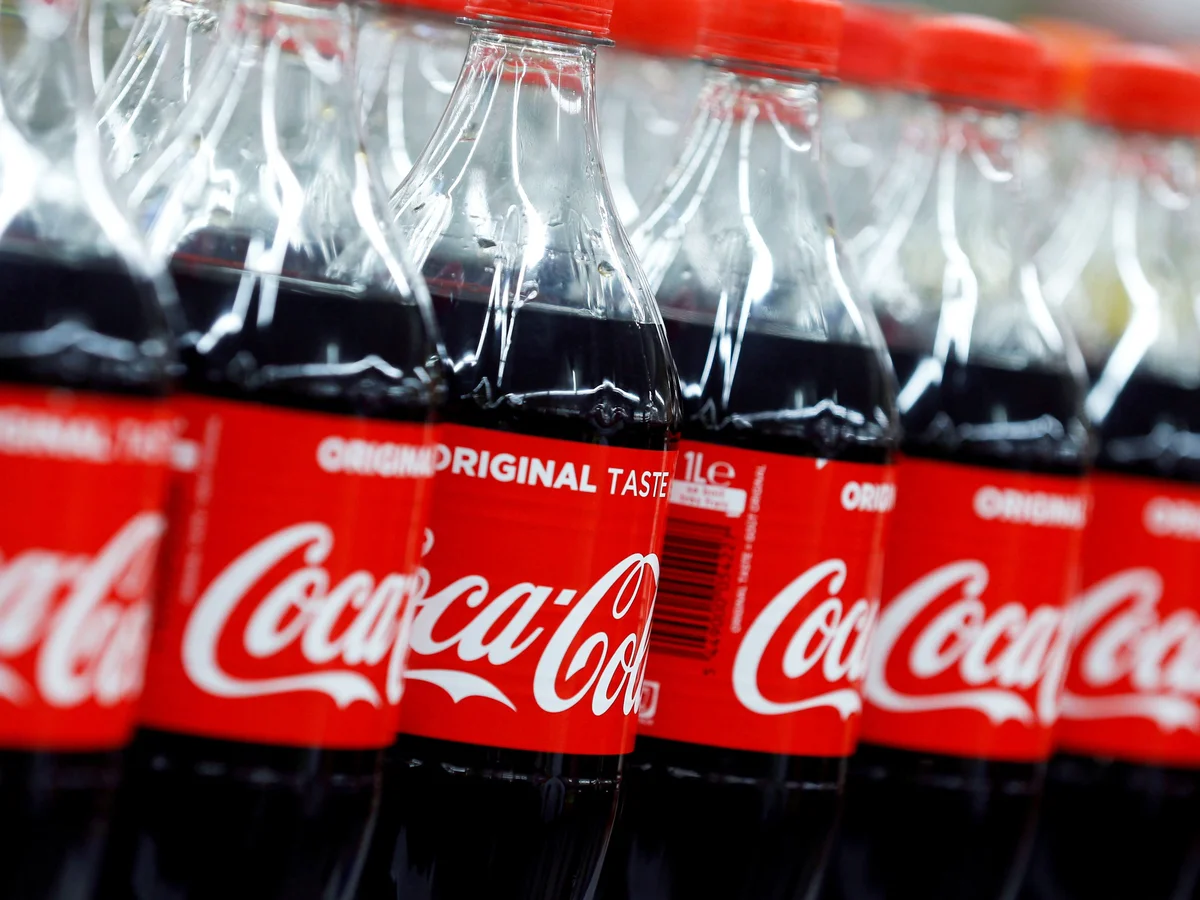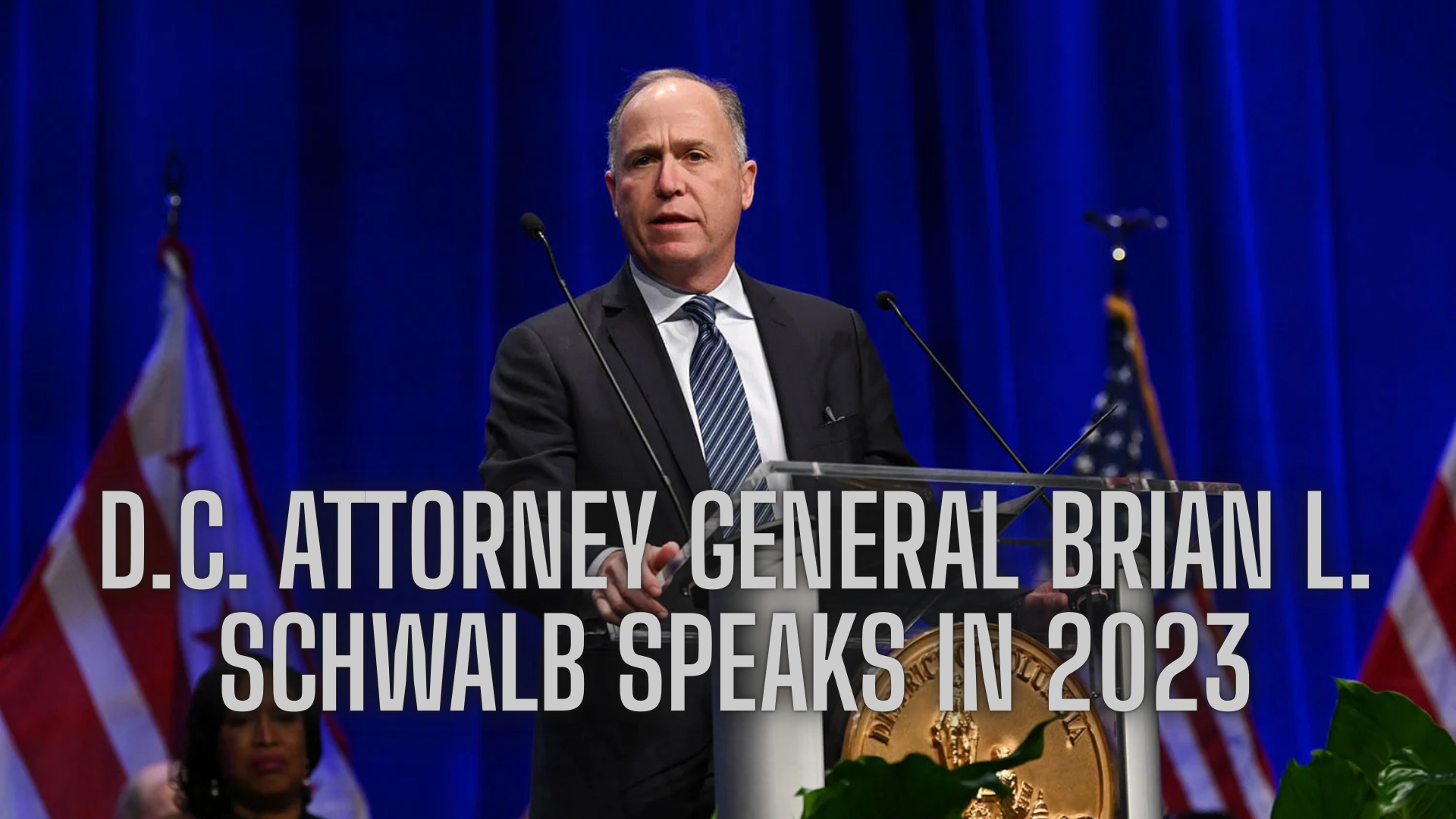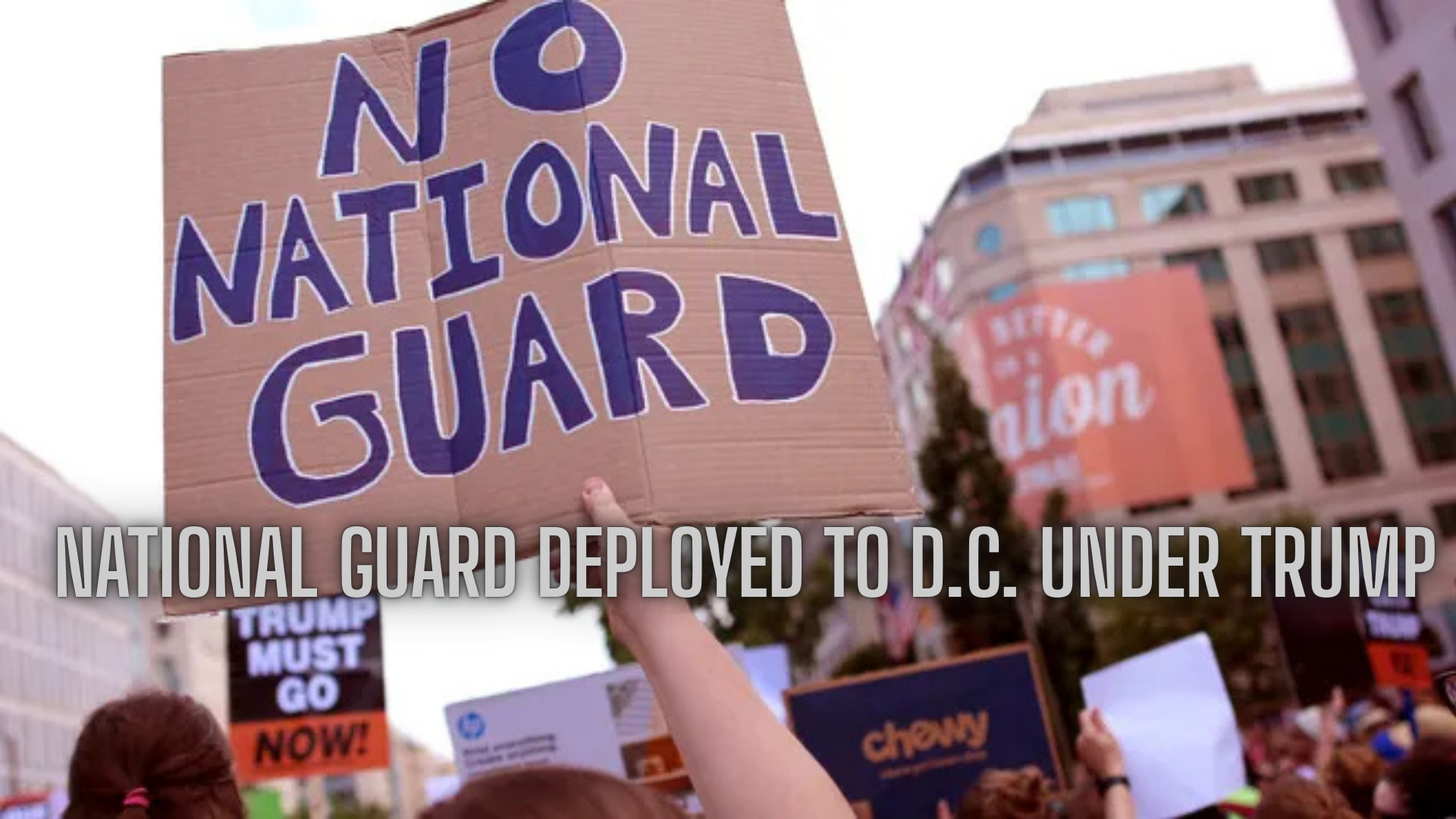Coca-Cola, one of the world’s most iconic beverage brands, is facing an uphill battle in 2025. After decades of dominance, the company is now feeling the weight of consumer backlash as sales slump and public trust falters. A mix of social, political, and environmental issues has put the beverage giant under unprecedented scrutiny—and it’s taking a toll on the bottom line.
What’s Going On?
In the first quarter of 2025, Coca-Cola reported a 4% drop in sales, a notable decline for a brand with such global reach. TheStreet attributes this downturn to a combination of weakening consumer sentiment and intensifying calls for accountability. CEO James Quincey pointed to dwindling support from the Latinx community as a key factor, largely driven by the viral spread of a controversial video earlier this year.
The Viral Video and Its Fallout
In February, a video began circulating across social media platforms claiming that Coca-Cola had laid off thousands of Latinx employees and subsequently reported them to U.S. Immigration and Customs Enforcement (ICE). The video sparked outrage and ignited calls for a boycott, especially from communities already critical of corporate America’s handling of diversity and immigration.
Although Coca-Cola publicly denounced the video as “false,” the damage was already done. The clip fed into a growing narrative of mistrust toward major corporations and further fueled the Latino Freeze Movement—a campaign aimed at boycotting companies perceived to be rolling back diversity, equity, and inclusion (DEI) efforts.
This movement emerged as a direct response to recent political and corporate shifts seen as harmful to immigrant and minority communities. Coca-Cola’s alleged actions, whether accurate or not, placed it in the crosshairs of activists demanding both accountability and systemic change.

Creator: Nic Taylor
Copyright: Copyright of Nic Taylor all rights reserved
The Environmental Angle Greenpeace Joins In
Social justice isn’t the only front where Coca-Cola is facing criticism. Environmental advocacy groups, most notably Greenpeace, have long called out the company for its massive contribution to global plastic pollution.
In a recent post, Greenpeace singled out Coca-Cola as one of the world’s top plastic polluters, accusing the company of “greenwashing” consumers—making misleading claims about the recyclability of its plastic bottles and exaggerating its sustainability efforts.
“Coca-Cola’s role in plastic pollution is emblematic of plastic itself,” Greenpeace wrote. “It appears clean, shiny, and convenient—but the truth is far less appealing. Like plastic, the company’s reputation is maintained by marketing, not by meaningful change.”
These accusations come despite Coca-Cola’s previously announced plans to reduce its use of virgin plastic and shift to more recycled materials. According to a 2024 report by Oceana, however, the company’s annual plastic production is on track to surpass 9 billion pounds by 2030, casting doubt on the sincerity and effectiveness of its sustainability pledges.
Why Boycotts Matter
Boycotts have long been used as a tool for public accountability, allowing consumers to express their dissatisfaction with corporate policies and practices. In the case of Coca-Cola, these boycotts are multifaceted—targeting both social justice issues and environmental concerns.
When people choose not to buy a product, they send a powerful message: companies must earn public trust, not take it for granted. That message becomes even stronger when it’s amplified by digital activism and organized campaigns like the Latino Freeze Movement and Greenpeace’s ongoing efforts.
Boycotts can pressure corporations to change course—whether by ending relationships with controversial suppliers, investing in marginalized communities, or truly committing to sustainability goals. And as consumers grow more aware of corporate greenwashing, they’re also more likely to hold companies accountable for making empty promises.
Coca-Cola’s Response
Faced with declining sales and growing public backlash, Coca-Cola’s leadership is beginning to acknowledge the depth of the crisis. In the company’s Q1 earnings report, CEO James Quincey emphasized the need to rebuild trust, particularly within the Latinx community.
“We are very focused on recovering from it,” Quincey said, referring to the viral video and its ripple effects. “Our brand must stand for inclusion, responsibility, and transparency. We recognize that we have work to do.”
While Coca-Cola has not confirmed whether it will revise its environmental strategy in response to mounting pressure, public statements suggest that the company is at least aware of the shifting landscape. If the consumer push for sustainability and equity continues, a more comprehensive response could be forthcoming.
Is America Facing a Plastic Problem?
The situation with Coca-Cola also raises larger questions about the country’s approach to plastic waste. Polls consistently show that a majority of Americans believe the U.S. has a plastic problem, though opinions vary by region and demographic. With nearly every beverage on the shelf packaged in plastic, consumers are starting to question how much of it is truly recyclable—and what happens to the rest.
The perception of Coca-Cola as a major contributor to plastic waste has only fueled calls for systemic reform, such as bans on single-use plastics, mandatory bottle return programs, and greater investment in biodegradable alternatives.
Looking Ahead Can Coca-Cola Bounce Back?
Coca-Cola’s current predicament is a cautionary tale for global corporations navigating a new era of consumer activism. Today’s buyers are more informed, more vocal, and more determined to use their purchasing power to influence corporate behavior.
The company’s future may hinge on how it chooses to respond—not just with public statements, but with concrete actions. That means reevaluating internal policies, repairing relationships with communities that feel betrayed, and following through on environmental promises with real transparency.
Whether Coca-Cola can fully recover remains to be seen. But what’s clear is that the old playbook of branding and PR spin is no longer enough. Consumers want more than sweet slogans—they want substance, sincerity, and change.
Conclusion
Coca-Cola’s current challenges reflect the growing power of grassroots activism in shaping corporate behavior. Between viral controversies, consumer-led boycotts, and environmental watchdogs, the brand is under pressure like never before. How it chooses to respond will determine not just its bottom line, but its reputation for years to come.
If there’s one lesson here, it’s this: the age of accountability is here—and no brand, no matter how iconic, is immune.




One thought on “Coca-Cola Scrambles to Recover After Viral Video Hits Sales: ‘We’re Focused on Bouncing Back”